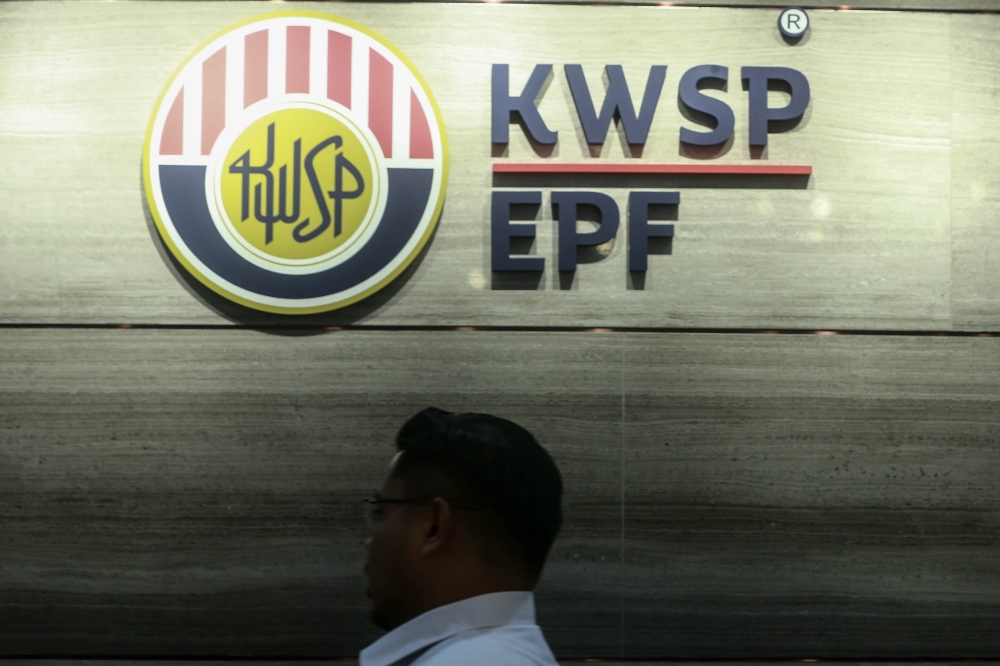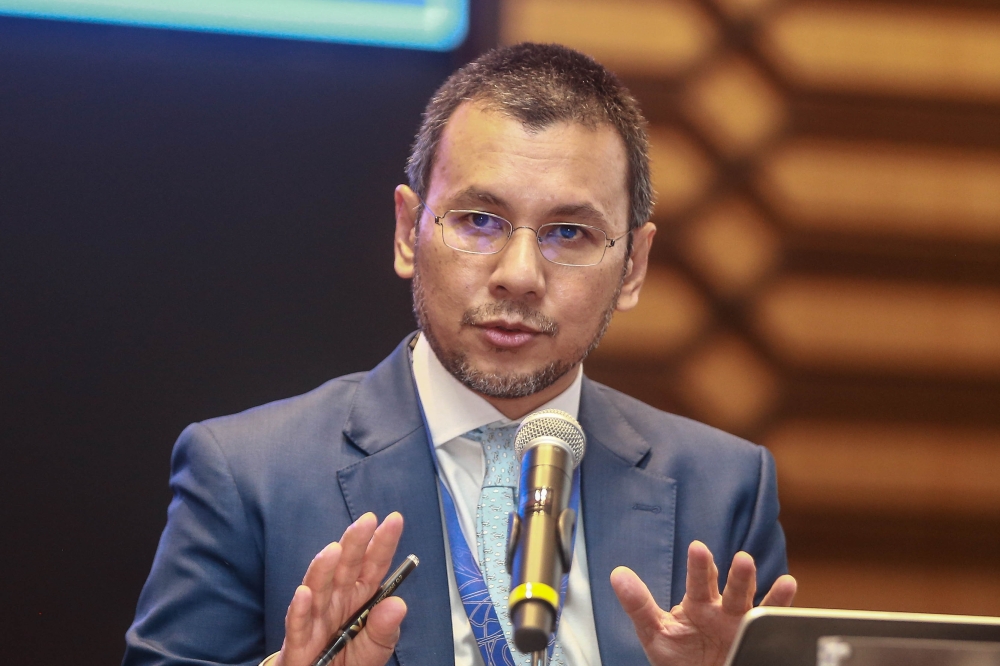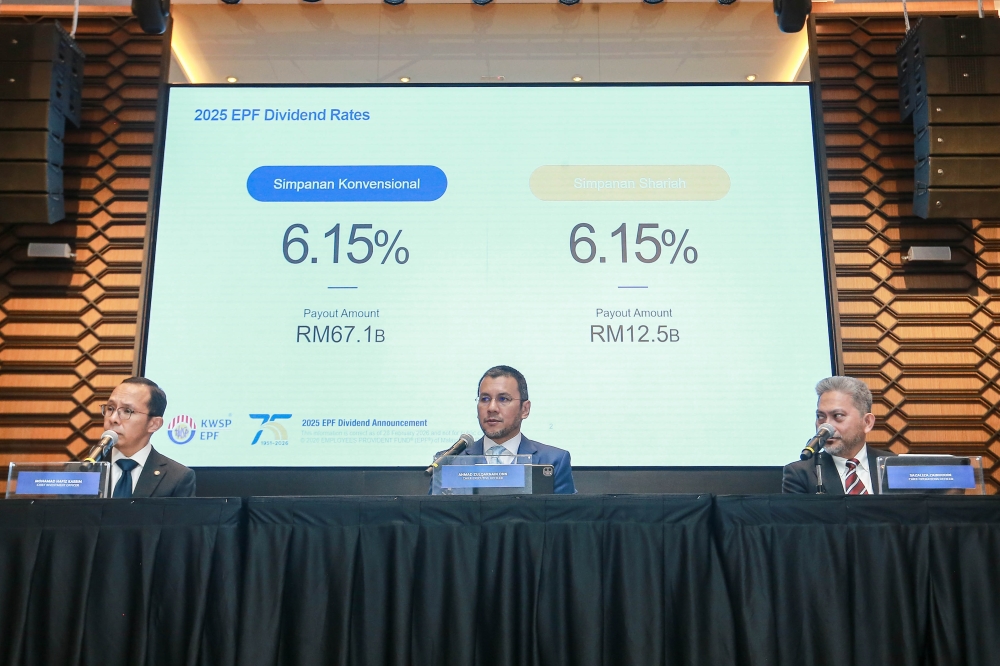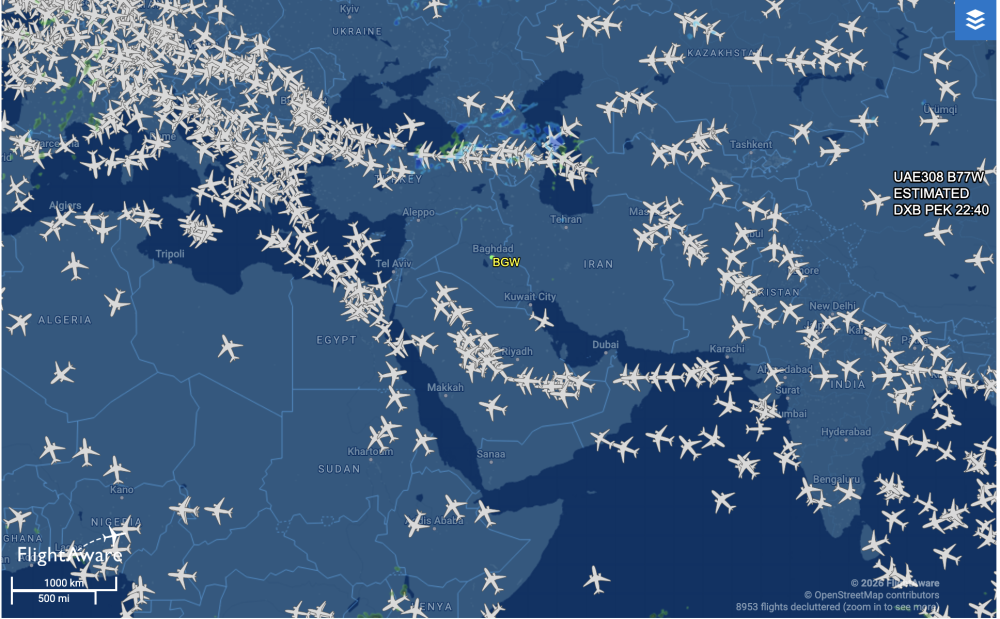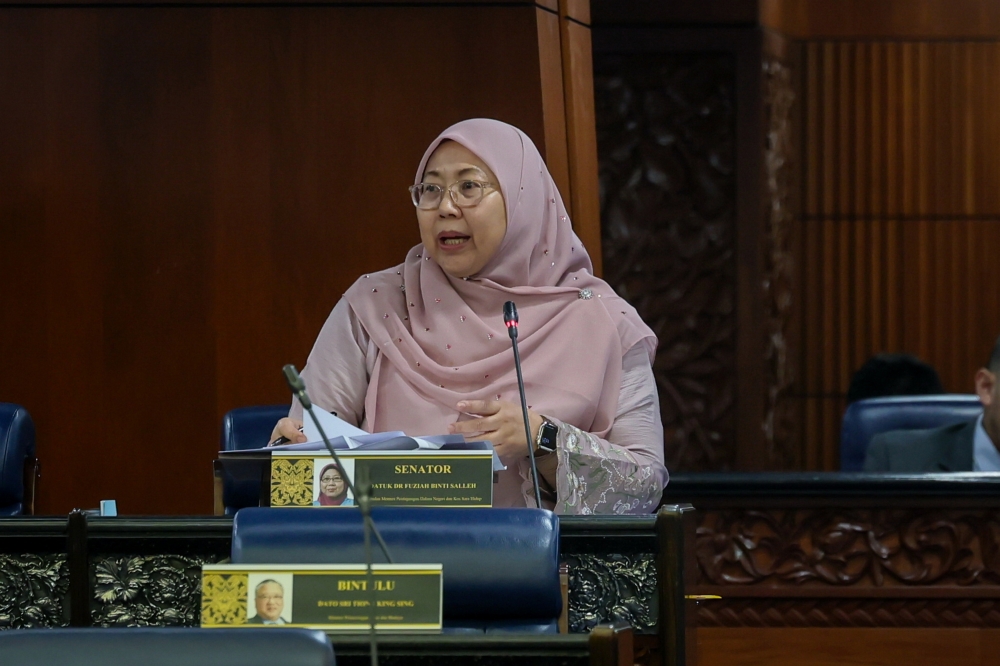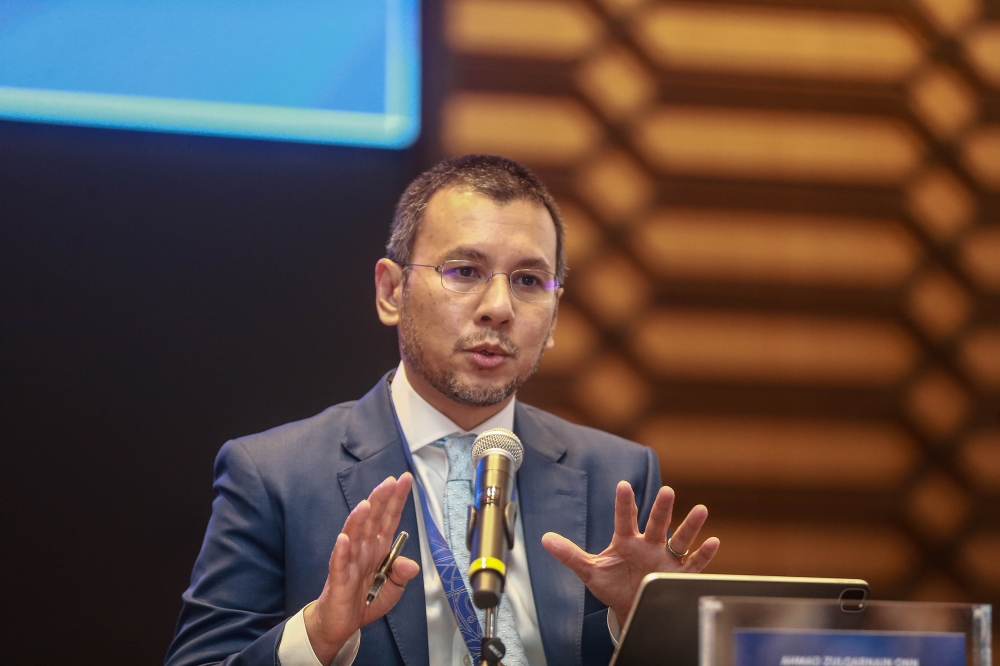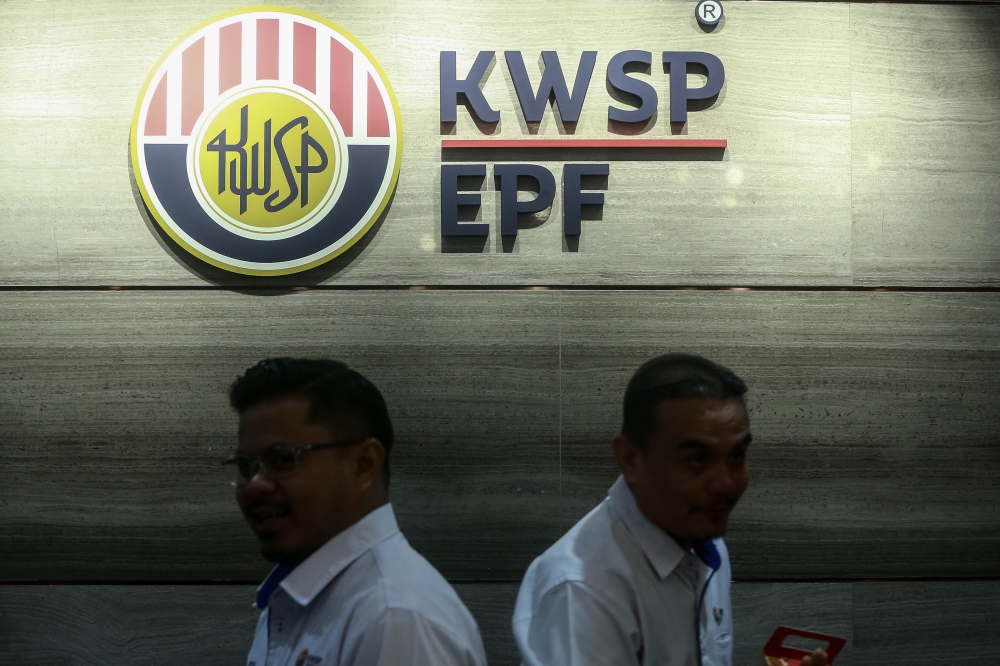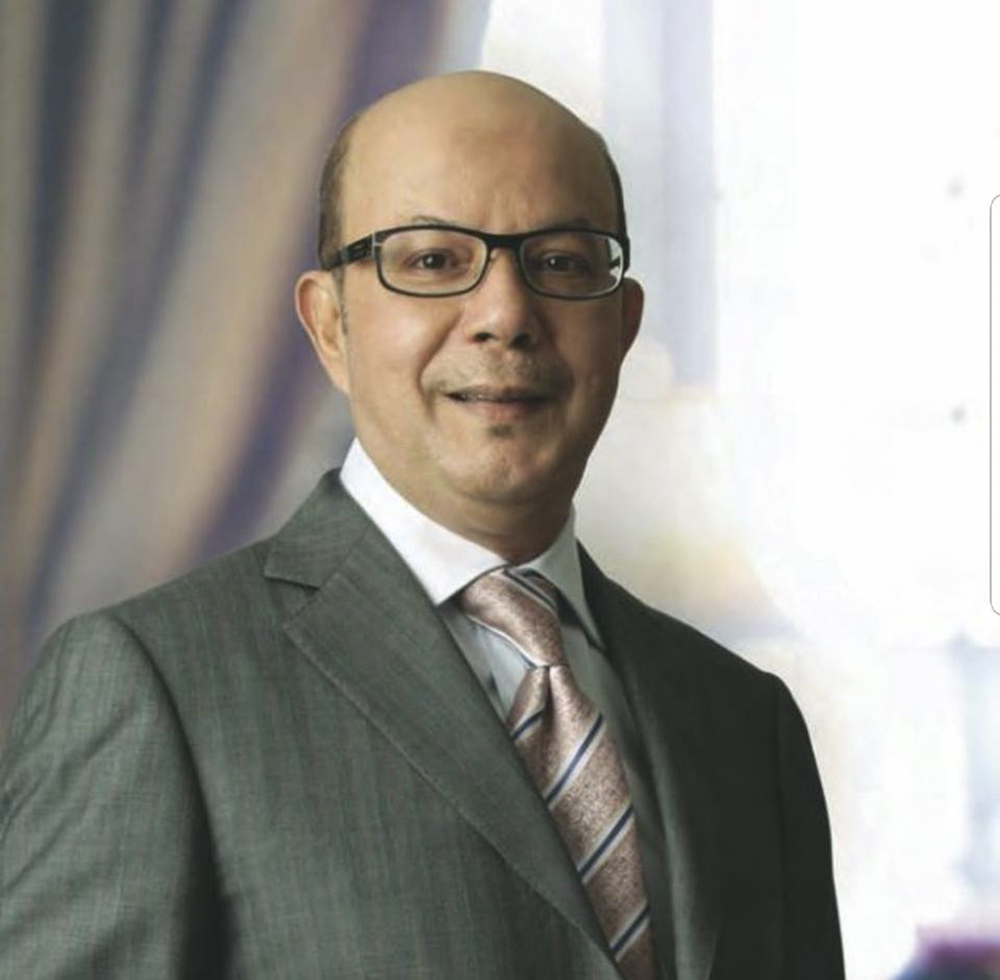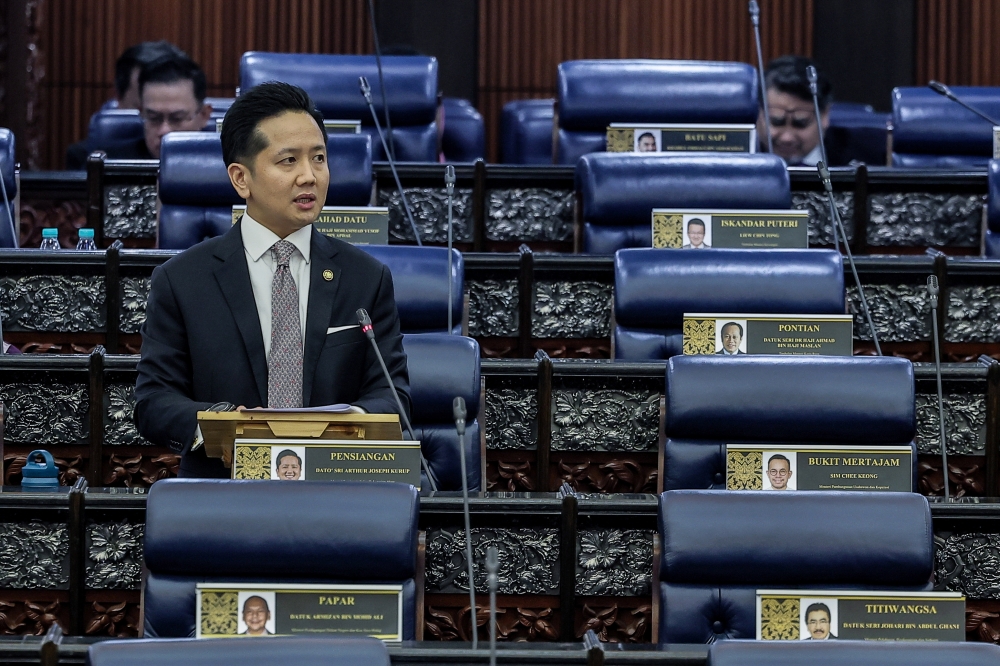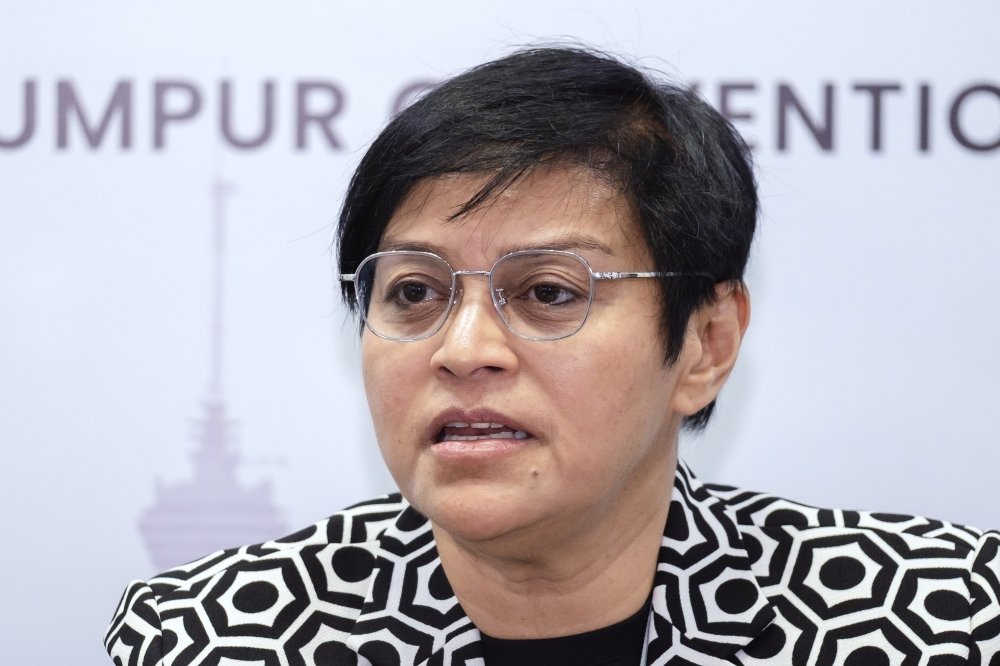KUALA LUMPUR, Feb 18 — The Malaysian Islamic capital market for 2018 was valued at RM1.88 trillion, representing approximately 61 per cent of the country’s overall capital market, says Securities Commission (SC) chairman Datuk Syed Zaid Albar.
He said the contribution was supported by a vibrant industry comprising local and foreign fund management companies, stockbrokers and advisors with comprehensive Islamic capital market capabilities.
“Industry-led innovation in tandem with SC’s developmental initiatives also resulted in a diverse range of Islamic investment products including unit trust funds, wholesale funds, private retirement schemes, exchange traded funds and real estate investment trusts,” he said in his special address at the Nomura Islamic Asset Management 10th Anniversary Investment Forum.
Syed Zaid noted that on the global scale and despite heightened competition, Malaysia continues to be a leader in the Islamic capital market, with sukuk and Islamic fund markets that are among the largest in the world.
He said building a holistic Islamic capital market ecosystem was decades in the making, and was rooted in Malaysia’s holistic approach towards developing an Islamic capital market ecosystem.
Driven by the SC, the approach drew on the insights of shariah experts, industry professionals and stakeholders such as institutional investors.
“The SC, in particular, recognised the Islamic fund management industry as an important channel for mobilising capital into shariah-based investments, and the industry landscape has changed significantly over the past decade.
“Consider, for example, that in 2008 there were only five Islamic fund management companies and 30 fund management companies with Islamic windows. Today, the numbers have grown to 22 Islamic fund management companies with a further 31 fund management companies operating through Islamic windows, with assets under management of RM158.8 billion,” he elaborated.
Looking ahead, he said digitisation and demographic changes would continue to reshape markets, and it is critical for market participants to adapt to opportunities and risks arising therefrom.
A key driver of future industry growth is the shift in investment preferences of an emergent generation of investors.
The millennials, in particular, are accounting for a growing share of the investor base, with studies identifying their greater awareness of sustainable and responsible investment (SRI) and their propensity to align investment decisions with social causes and personal values.
“They also see businesses as agents for socioeconomic change, and the ability of our intermediaries to respond to this trend and cultivate this generation of socially-aware digital natives will enhance the value proposition and competitive advantage for Malaysia’s fund management industry.
“When properly harnessed, technology can also strengthen business intelligence through data analytics, enhance investor experience and drive efficiency, for example through the use of technology to manage shariah and SRI portfolios by integrating the relevant processes into the fund management system.
“Alternative financing channels and new business models such as equity crowdfunding, peer-to-peer financing and digital investment management also offer new opportunities for both entrants and incumbents, thus providing for more inclusive access to the capital market,” he added. — Bernama

